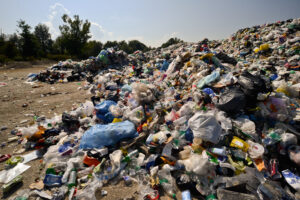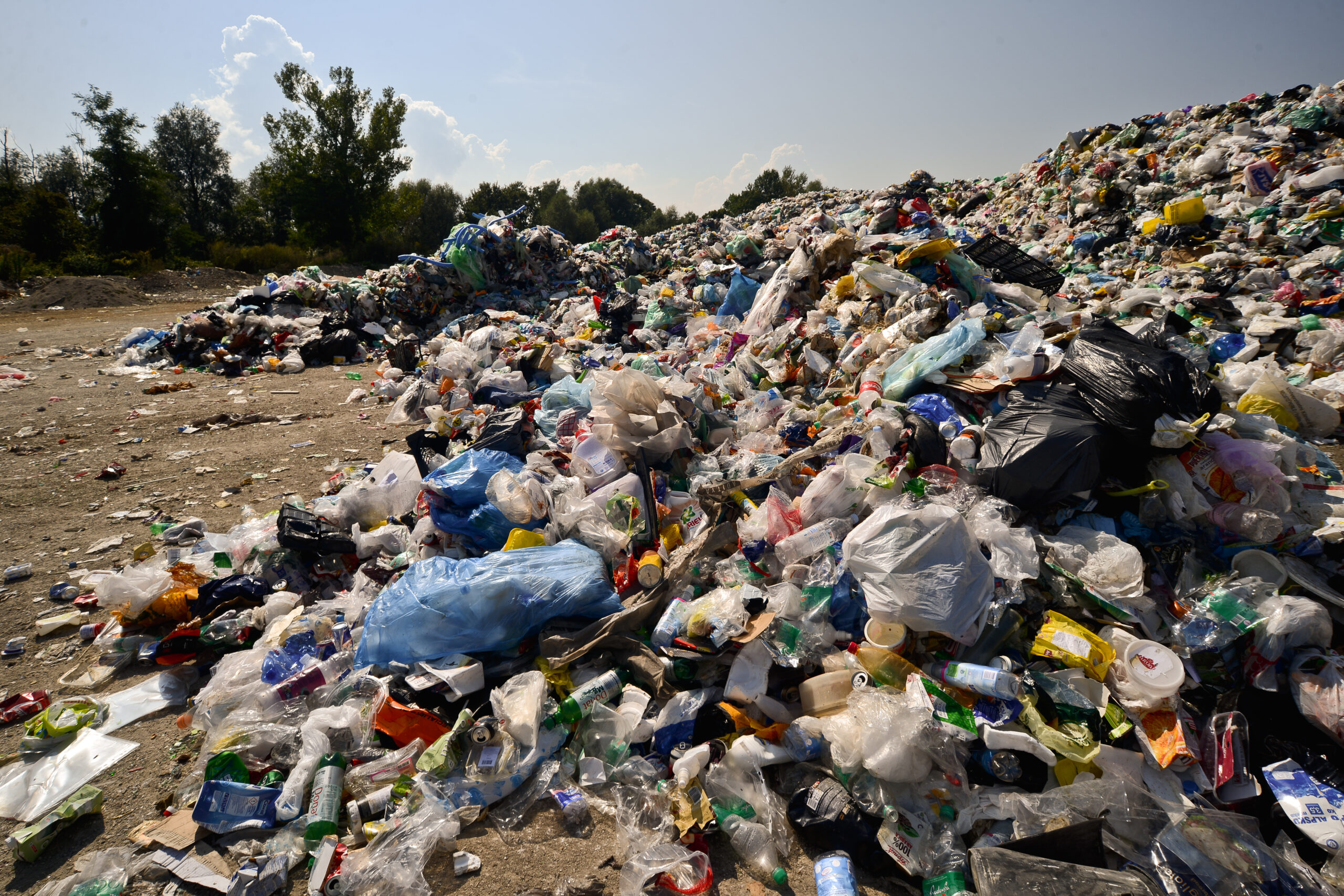Sanitation Programs That Prevent Infectious Outbreaks
The garbage surrounding communities directly affects residents’ health. A look at several initiatives that are changing realities.

In various regions across Latin America, solid waste piles up in plain sight—plastic bags carried by the wind, makeshift dumps next to homes, and ditches clogged with debris mixed with stagnant water.
In such settings, garbage not only reveals inequality but also represents a direct threat to health. Outbreaks of dengue, infectious diarrhea, and respiratory diseases often arise due to poor sanitation.
For this reason, in the absence of state intervention, community organizations, cooperatives, and NGOs have created programs aimed at transforming waste into well-being.
Sanitation as a Preventive Health Strategy
The World Health Organization estimates that nearly 30% of diseases in vulnerable contexts are linked to inadequate sanitation services. When there is no regular waste collection or sewage treatment, the routes of infection multiply.
However, in many territories, the only effective solutions come from local initiatives that understand the connection between environmental cleanliness and public health.
Reciclando Futuro (“Recycling the Future”), operating in Greater Buenos Aires, was founded eight years ago in response to a double challenge: the accumulation of waste in streets and vacant lots, and widespread unemployment in the neighborhood.
Today, sixty families earn their living through community recycling, sorting, and composting. Beyond the economic benefits, the impact on health is clear: according to data from the local health center, cases of childhood gastroenteritis have fallen by 40% over the past five years.
In most of these programs, women play a central role. They are not only the majority among recyclers and environmental promoters but also lead neighborhood transformations, heading the movements that drive them.
In Villa Fiorito, Buenos Aires, the collective Mujeres del Río (“Women of the River”) organizes weekly cleanups along the banks of the Riachuelo. They also hold workshops on menstrual health, prevention of waterborne diseases, and the creation of eco-friendly cleaning products.
Education is the foundation of these programs—it is crucial to build knowledge. Awareness workshops are held in schools, clubs, and community kitchens, turning children and adolescents into multipliers who bring the message home.
Innovation with Limited Resources
One of the most interesting aspects of these programs is their ability to innovate with very few resources. In Villa María del Triunfo, Peru, a group of engineers and recyclers launched a system of community biodigesters that converts organic waste into biogas for cooking and natural fertilizer.
This low-cost technology has reduced waste burning and the respiratory illnesses caused by smoke.
In the Rocinha favela in Brazil, the Saneamento para Todos (“Sanitation for All”) project combines urban cleaning with health monitoring through an app developed with a public university. Residents use it to report critical points of garbage or wastewater, and community teams respond on-site within 48 hours.
This rapid response system has helped contain dengue and Zika outbreaks—an ongoing concern each season. The initiative’s success was so significant that it was recognized by the Pan American Health Organization as a model for community-based health risk management.
Progress is beginning to show results. Although most of these programs are born from community effort, many are sustained through partnerships with private companies or foundations.
In Mexico, the Basura Cero en Tu Colonia (“Zero Waste in Your Neighborhood”) program stands out. It receives partial support from a beverage company that installed waste-sorting stations and provided training in twenty peripheral neighborhoods of Guadalajara.
Through this initiative, mosquito populations decreased by 35%, and residents reported improved perceptions of well-being.
In these programs, transforming waste into well-being is not a slogan—it is a practice that multiplies, especially where garbage trucks never arrive and sewer systems remain unfulfilled promises. In such places, neighborhood organization and creativity pave the way forward.
What begins as a simple cleanup day often ends in social transformation, building awareness and reducing disease.
Experiences across Latin America show that such programs not only improve the physical environment but also strengthen collective health, employment, and a sense of belonging.
In the face of threats—from pandemics to climate change—these local initiatives make it clear that well-being is built from the ground up when top-down solutions fail to arrive.


